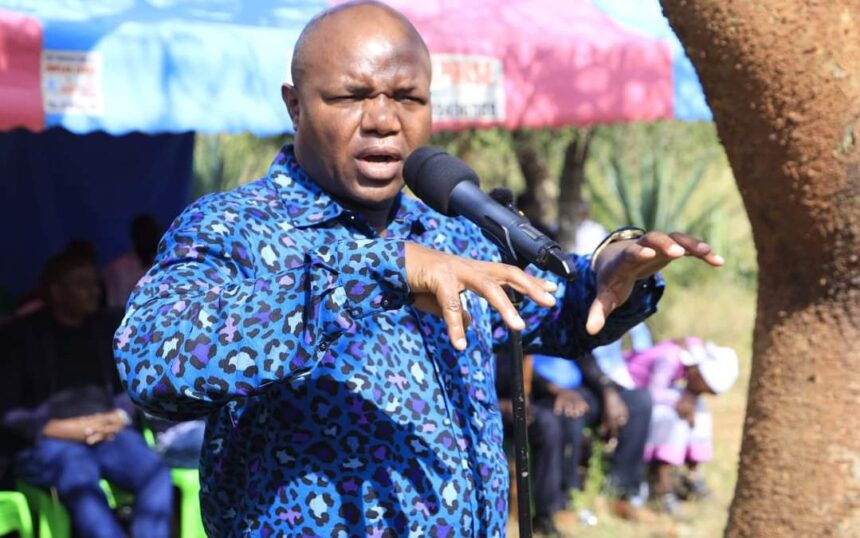Machakos Deputy Governor Francis Mwangangi has accused President William Ruto of undermining Kenya’s devolved systemby taking over functions meant for counties.
Speaking during an interview on Monday, September 22, 2025, Mwangangi said the national government has encroached on areas such as agriculture, water, and roads, leaving counties unable to manage their constitutionally assigned duties.
“Today, the national government, or any partner within it, is doing literally everything that is supposed to be done by the counties,” he said, highlighting the strain this centralisation places on local service delivery.
He noted that dispensaries are running without medicines and staff are often unpaid for months, a situation he attributes to delayed fund transfers from the national treasury.
Delayed county resources
Mwangangi warned that the Ruto administration frequently takes more than four months to release funds that are constitutionally allocated to counties.
“And you expect the basic services which are supposed to be offered by these devolved entities to run smoothly?” he asked.
He emphasised that respecting the Constitution and proper devolution is critical for Kenya’s prosperity.
The deputy governor also accused the ruling UDA party of attempting to “purchase every leader who is available,” claiming this undermines independent county leadership.
He argued that despite public participation and memorandums of understanding before budgets are made, there has been no accountability in the implementation of programs promised to citizens.
Mwangangi further criticised the government’s handling of compensation following the abduction and killings of citizens.
“You cannot abduct, assassinate, slaughter our people and then be the one to compensate them. That is very unfortunate,” he said, urging for serious investigations before any payments are made.
He urged the administration to respect the spirit of Kenya’s 2010 Constitution and allow counties to operate independently, warning that continued overreach could erode democracy and public trust in local governance



